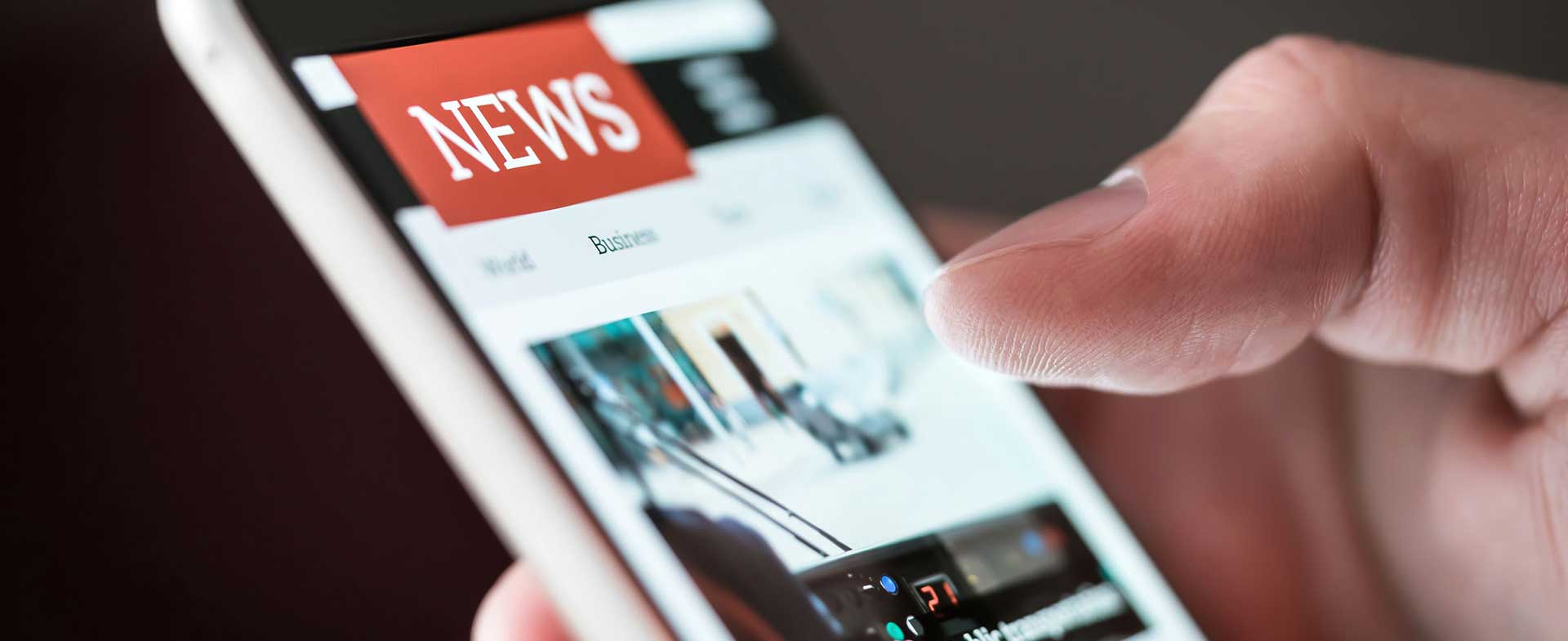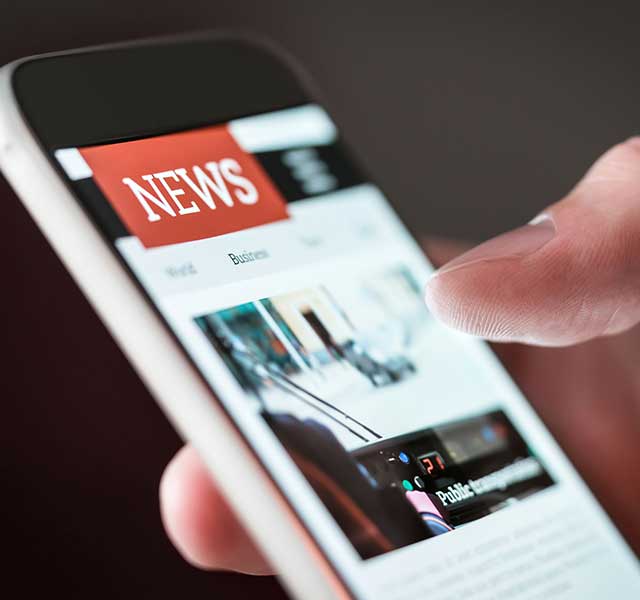For better or worse, it seems like everyone has become a news junkie these days—we all want to know the latest updates on the novel COVID-19 pandemic. We want to know how to protect ourselves, how well social distancing is working to wipe out the virus, when we can expect a vaccine to be ready. (Side note: if it’s making you anxious, it’s best to limit your intake of news articles.)
With this influx of pandemic information, however, has also come an influx of new keywords and phrases, like social distancing, shelter-in-place, and community spread, for starters. While you might be able to use the context to figure out what some of them mean, you shouldn’t have to guess (especially when it comes to something as highly essential as pandemic information). Here are the key COVID-19 terms to know.
- Asymptomatic: Someone who has an infection without ever showing symptoms.
- Presymptomatic: Someone who has been infected with a virus but isn't yet showing symptoms.
- Coronavirus: A group of viruses common in humans and animals. Some coronaviruses produce the common cold; SARS and MERS are also both coronaviruses. COVID-19 is a new type of coronavirus.
- Community spread: When a contagious illness spreads throughout a community of people who haven't traveled to a place where the virus began, or who haven't knowingly been in contact with anyone who has had the virus.
- Incubation period: The time it takes between catching a virus and feeling sick from it.
- Ventilator: A machine that pushes air into a person's lungs to help them breathe.
- Novel strain: A new type of virus.
- Pathogen: Any microorganism (including bacteria and viruses) that causes infection.
- Patient zero: The first person to contract a virus in a new area.
- PPE: An acronym for personal protective equipment. It describes the special masks, clothing and gloves worn by care providers to shield them from contagious illnesses.
- Social distancing: The act of increasing physical space between people to decrease the spread of an illness. (In the case of COVID-19, social distancing of at least six feet is recommended.)
- Self-isolation: Separating oneself from others because you are sick.
- Self-quarantine: Separating oneself from others because you have been exposed to a sick person.
- Shelter-in-place: Used as a safety measure after an emergency, this is an order from the government for citizens to stay at home, leaving only to get necessities like food and medicine.
- Super spreader: A person who transmits a virus to many more people than average.
- Underlying conditions: Chronic health conditions not caused by a current virus. (For example, diabetes, heart and kidney diseases, and obesity are all underlying conditions.)
- Flatten the curve: Slowing the rate of infection among people so hospitals can treat fewer people over time.
- Antibody: Specific proteins in the blood used by the immune system to attack viruses and diseases in order to heal the body.
- Outbreak: When many people in a localized area suddenly become ill.
- Epidemic: Widespread illness in one region or community.
- Pandemic: Widespread illness around the world.
- Surgical mask: A disposable face mask worn by health professionals to prevent saliva or mucus from coming out or going in.
- N95 respirator: A special protective mask that filters out tiny particles and pathogens to protect the wearer from contracting a disease.
- Herd immunity: When a contagious virus or disease becomes largely inactive because a population of people have become immune, usually thanks to a vaccine. Hopefully, this is what will happen with COVID-19 after a vaccine is approved and ready for widespread use.



